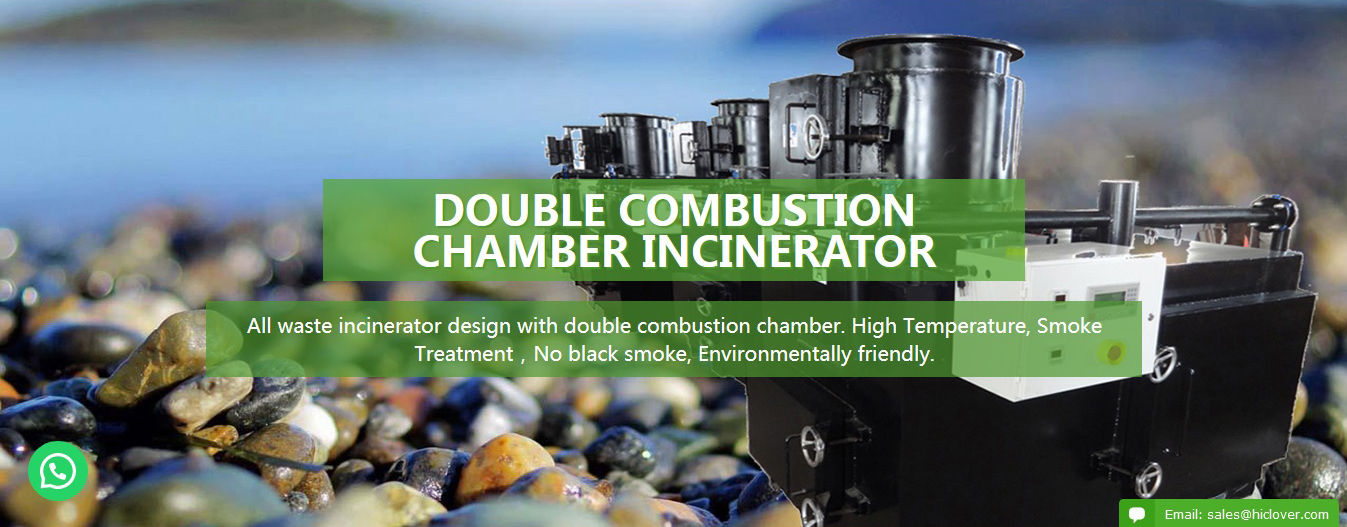In recent years, Kenya has seen rapid growth in its healthcare industry, with an increasing number of medical facilities and healthcare providers. However, with this growth comes the challenge of ensuring the safe handling and disposal of medical waste. Improper disposal of medical waste can lead to environmental pollution, public health risks, and even the spread of infectious diseases. As a result, the Kenyan government has implemented a regulatory framework and compliance measures to address this critical issue.
The Regulatory Framework
In Kenya, the management of medical waste is governed by the Environmental Management and Coordination Act, which provides guidance on the proper handling, treatment, and disposal of medical waste. Additionally, the Ministry of Environment and Forestry has developed the Medical Waste Management Guidelines, which serve as a comprehensive resource for healthcare facilities and waste management companies to ensure compliance with the law.
The guidelines outline the responsibilities of healthcare facilities in managing medical waste, including the segregation, packaging, labeling, and storage of different types of waste. They also provide detailed instructions on the transportation and disposal of medical waste, as well as the requirements for waste treatment facilities.
Compliance Measures
To ensure compliance with the regulatory framework, the Kenyan government has established the National Environment Management Authority (NEMA), which is responsible for the enforcement of environmental laws and regulations. NEMA conducts regular inspections of healthcare facilities to assess their compliance with medical waste management guidelines and takes enforcement action against those found in violation.
In addition to government oversight, healthcare facilities are also required to obtain annual licenses from NEMA to operate their waste management systems. This process involves a thorough inspection of the facility to ensure that it meets the standards set forth by the regulatory framework.
Challenges and Future Considerations
Despite the efforts made to enforce the regulatory framework, there are still challenges in ensuring the safe handling and disposal of medical waste in Kenya. One of the main challenges is the lack of infrastructure and resources in healthcare facilities, particularly in rural areas, which makes it difficult to implement proper waste management practices.
As Kenya continues to experience growth in its healthcare industry, it is crucial for the government to invest in infrastructure and resources to support the safe handling and disposal of medical waste. Additionally, there is a need for continued education and training for healthcare workers on waste management best practices to ensure compliance with the regulatory framework.
In conclusion, the regulatory framework and compliance measures put in place by the Kenyan government are crucial in ensuring the safe handling and disposal of medical waste. However, there is a need for continued investment in infrastructure and resources, as well as ongoing education and training, to address the challenges and ensure the proper management of medical waste in the country. Ultimately, the effective implementation of these measures will lead to a healthier and safer environment for all Kenyan citizens.



